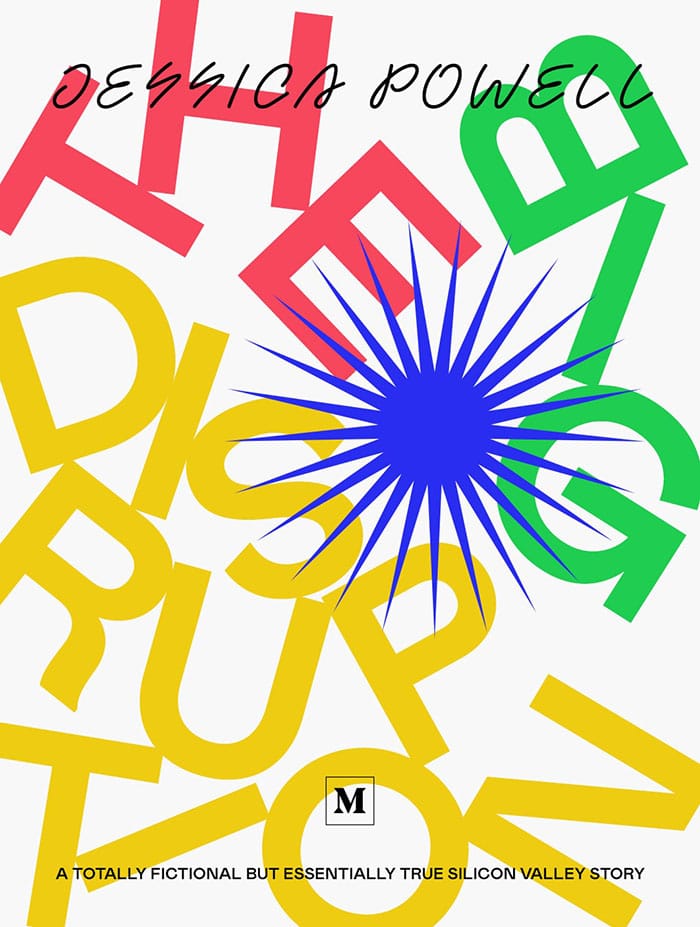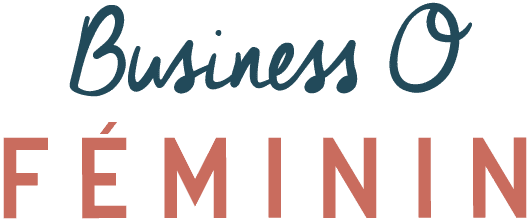What is it to be a woman in the Silicon Valley ? Jessica Powell, ex Google PR director gives us a glimpse of the macho culture taking place there in her fiction book The Big Disruption. Still a long way to go….
Could your book named The Big Disruption be read as “everything has been disrupted in the silicon valley world apart from the old male corporate culture” ?
Well I’m sure someone in the Valley would say there is plenty that hasn’t been disrupted yet (like death–lol). But yes, sexism is a huge theme of the book and it is a striking contrast that we are able to build social media platforms that can disrupt elections or aid in ethnic cleansing and yet unable to stop interrupting women in meetings. Jessica Powell
How did you feel being a woman in this world ? Jessica Powell
For the most part, I’ve had a great experience working in tech. But even in the best environment, it’s wearing to hear men commenting on your appearance or constantly taking credit for your ideas. And at the start-up, it was another level entirely–dildos left on my desk, being told to look pretty and flirt with investors, etc.
You started writing in 2012 but your book has been released one year after the Weinstein affair, was it a catalyst in your decision to publish it ?
I tried to publish the book years ago but publishers said there was no audience for Silicon Valley fiction. I had pretty much given up on the book when Medium appeared and said they loved it and wanted to make it their first novel. We’re all very happy about that, because over 100,000 people are reading it right now.
What is the impact of this absence of diversity in the overall mission of the silicon valley companies ? Jessica Powell
I strongly believe that if you’re building for everyone — like all these big companies are — then you’re going to make better decisions if you have more diverse viewpoints in the room.
Lots of studies show that a more diverse management team and board leads to more successful companies. But to think about it on a really concrete level as it relates to sexism: if there had been more women in senior positions at Uber it’s likely that the work environment would have been very different. If there were more women on any of the tech management teams, you would likely see more women in director and VP-level positions. You would see it in product decisions–like the first smart watches, which were far too big for women’s wrists.
How do you tackle this lack of diversity and women in tech in particular ?
Companies may be a bit better now about treating really bad sexual harassment than they were five years ago, but there is still a lot of day-to-day sexism that makes it hard for a woman working in tech. For example, deciding who gets promoted or who gets hired–most of the time, those jobs go to men even when there are many qualified female applicants.
The best antidote to sexism in tech is having more women (and other underrepresented groups) in positions of power, contributing to a more well-rounded environment, helping fund the next generation of start-ups, and running their own companies.
Isn’t it the absence of ethic questioning also the big problem in these companies ? Jessica Powell
I think a lot of these companies are indeed concerned about ethical issues, but they often think about it through a very abstract prism–like,1% of the content on our site is bad. Well 1% sounds like a very small number, not a number you should really take all that seriously. But what if 1% of bad content means millions of live-streamed suicides or electoral interference or misinformation? A lot of times the tech companies look at these things as data points, whereas normal people think of these as very human tragedies.
Yuval Noah Harari talks about Homo Deus, men taking the place of god, in their mission and plans for the future of society, these companies are trying to shape our lives like religions do ?
We often think we’re living in the most disruptive and intense of all historical moments. But the printing press fundamentally changed how we communicate and who had access to information. The car revolutionized transportation and work. It’s easy to make sweeping, dystopic pronouncements about technology. I’m more interested in celebrating what’s good but calling out what’s bad, and anticipating the challenges ahead. I think the ethics of AI need very serious and immediate attention, but I also think humans–even the richest and most powerful ones–are incentivized to not let some algorithm dictate their lives.
Veronique Forge











